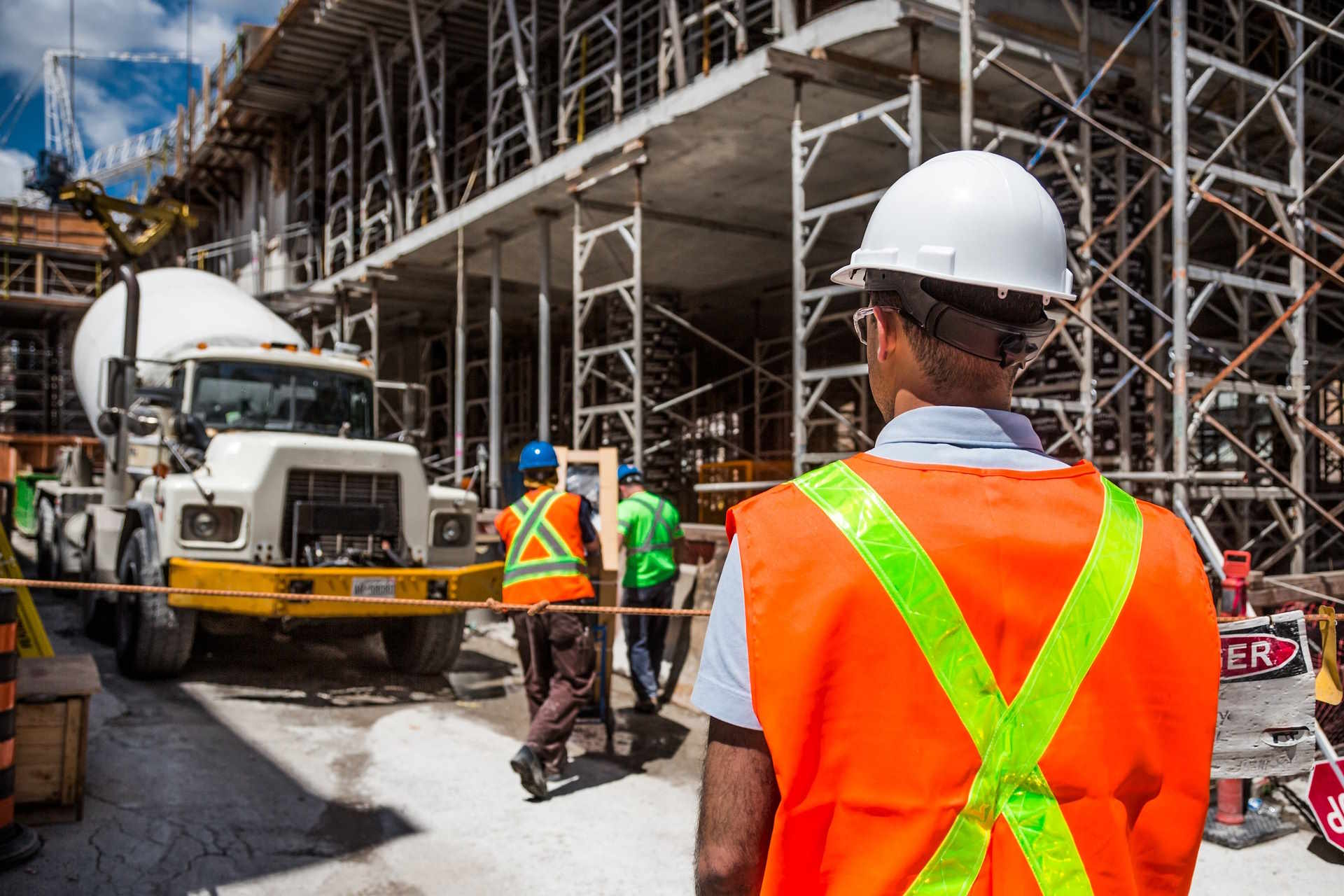Construction Jobs in Canada: What You Need to Know
For English-speaking individuals residing in Canada, the construction sector offers a wealth of opportunities. This industry is actively seeking dedicated workers, and the compensation packages may be more substantial than commonly perceived. Understanding the landscape of construction employment is crucial for those considering this dynamic field.

What are the requirements for construction work in Canada?
Entry requirements for construction work in Canada vary depending on the specific role and province. Most positions require a high school diploma or equivalent, though some specialized trades demand additional certification. Physical fitness is essential, as construction work involves heavy lifting, extended periods of standing, and working in various weather conditions. Many employers also require safety training certificates, such as the Construction Safety Training System certification or equivalent provincial programs.
For skilled trades like electricians, plumbers, or welders, apprenticeship programs or trade school completion is typically mandatory. These programs combine classroom learning with hands-on experience, usually lasting two to four years. International workers must obtain proper work permits and may need to have their credentials assessed by provincial regulatory bodies to ensure they meet Canadian standards.
How can you navigate the job market for construction work in Canada?
The Canadian construction job market offers multiple pathways for employment. Online job boards like Indeed, Monster, and specialized construction platforms such as ConstructionJobs.ca provide extensive listings. Local unions often maintain job boards and can connect workers with employers seeking specific skills. Networking within the industry proves invaluable, as many positions are filled through referrals and word-of-mouth recommendations.
Attending job fairs and connecting with local construction companies directly can yield immediate opportunities. Many provinces maintain employment services that specialize in trades and construction work, offering job placement assistance and career counseling. Temporary employment agencies also frequently place workers in construction roles, which can lead to permanent positions for reliable performers.
What are the potential earnings in the Canadian construction industry?
Construction wages in Canada vary significantly based on experience, location, and specialization. Entry-level laborers typically earn between $16-22 per hour, while experienced general construction workers can command $25-35 hourly. Skilled tradespeople often earn considerably more, with electricians averaging $28-42 per hour, plumbers earning $25-40 per hour, and specialized welders potentially earning $30-50 per hour.
Geographic location significantly impacts earning potential. Major urban centers like Toronto, Vancouver, and Calgary generally offer higher wages but also come with increased living costs. Remote project work, particularly in oil and gas construction, often provides premium compensation packages including travel allowances and accommodation.
Which provinces offer the best construction opportunities?
Ontario and British Columbia consistently lead in construction employment opportunities, driven by robust housing markets and major infrastructure projects. Alberta’s energy sector creates substantial demand for industrial construction workers, particularly during economic upswings. Quebec offers numerous opportunities in both residential and commercial construction, though French language skills may be required for some positions.
The Atlantic provinces are experiencing growth in construction related to renewable energy projects and tourism infrastructure. Saskatchewan and Manitoba provide steady employment opportunities, particularly in agricultural and mining-related construction projects. Each province has unique certification requirements and wage standards, making research essential before relocating for work.
What specialized skills are most in demand?
Green construction and sustainable building practices represent rapidly growing sectors within Canadian construction. Workers skilled in solar panel installation, energy-efficient building techniques, and LEED certification processes command premium wages. Heavy equipment operators remain consistently in demand, particularly those certified on cranes, excavators, and specialized machinery.
Digital construction skills are increasingly valuable, including Building Information Modeling software proficiency and drone operation for surveying. Safety coordinators and site supervisors with strong leadership skills find excellent opportunities for advancement. Welding specialists, particularly those certified for underwater or high-pressure pipeline work, can access some of the industry’s highest-paying positions.
Major construction employers and their typical compensation
Several major construction companies operate across Canada, each offering distinct employment packages and opportunities. Understanding these employers helps job seekers target their applications effectively.
| Company | Primary Focus | Hourly Rate Range | Benefits Package |
|---|---|---|---|
| EllisDon | Commercial/Infrastructure | $22-45/hour | Health, dental, pension, training programs |
| PCL Construction | Industrial/Commercial | $24-48/hour | Comprehensive benefits, profit sharing |
| Aecon Group | Infrastructure/Energy | $20-42/hour | Health benefits, retirement savings |
| Bird Construction | Heavy civil/Industrial | $23-44/hour | Medical coverage, skills development |
| Stuart Olson | Building/Industrial | $21-40/hour | Group insurance, professional development |
Prices, rates, or cost estimates mentioned in this article are based on the latest available information but may change over time. Independent research is advised before making financial decisions.
Canada’s construction industry continues expanding, driven by population growth, infrastructure renewal, and energy sector development. The sector offers excellent career progression opportunities, from entry-level positions to supervisory roles and eventually business ownership. Many successful construction entrepreneurs began as laborers and built expertise through experience and continuous learning. The industry’s diversity means workers can specialize in residential, commercial, industrial, or infrastructure construction, each offering unique challenges and rewards. With proper training, dedication, and strategic career planning, construction work in Canada provides stable, well-compensated employment with significant long-term potential.




